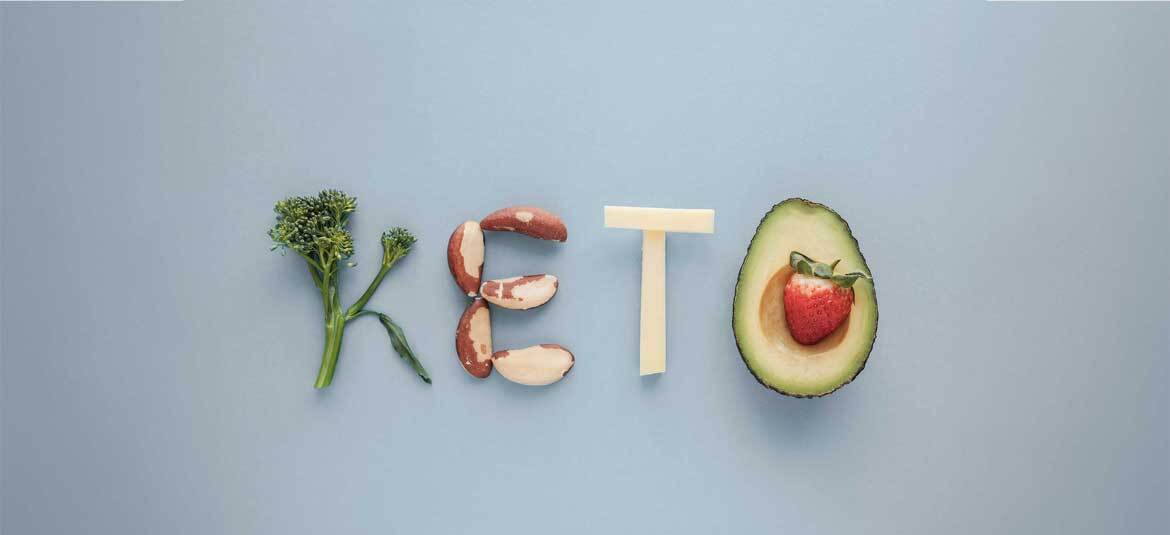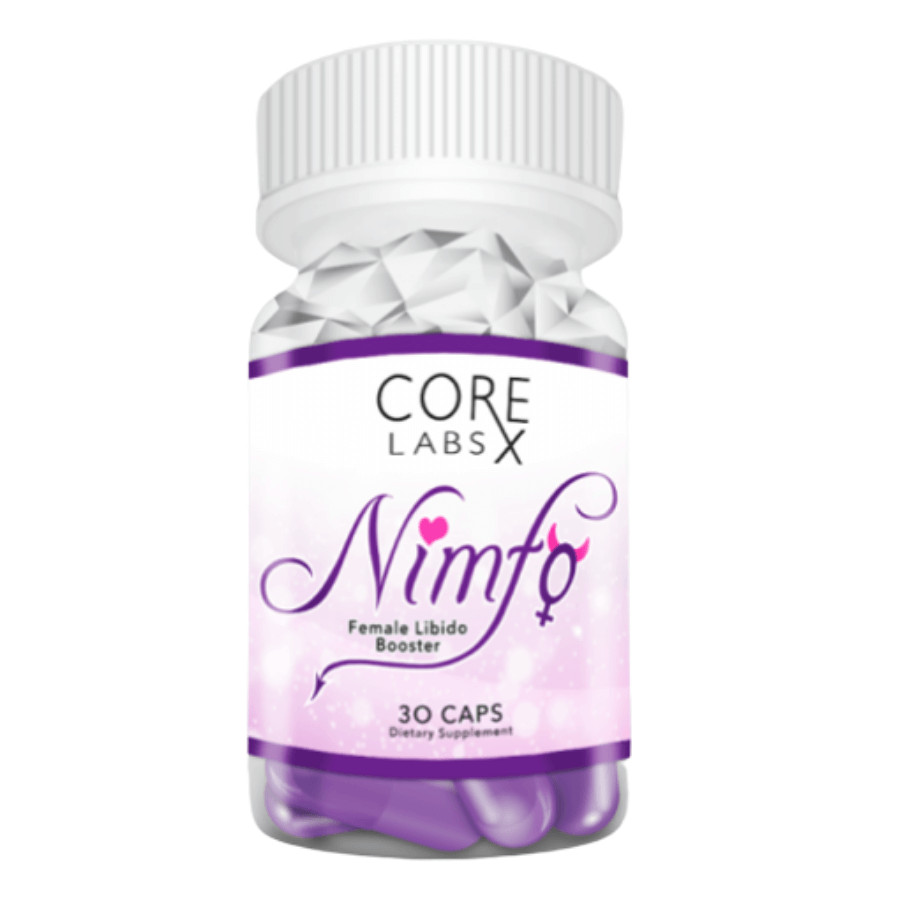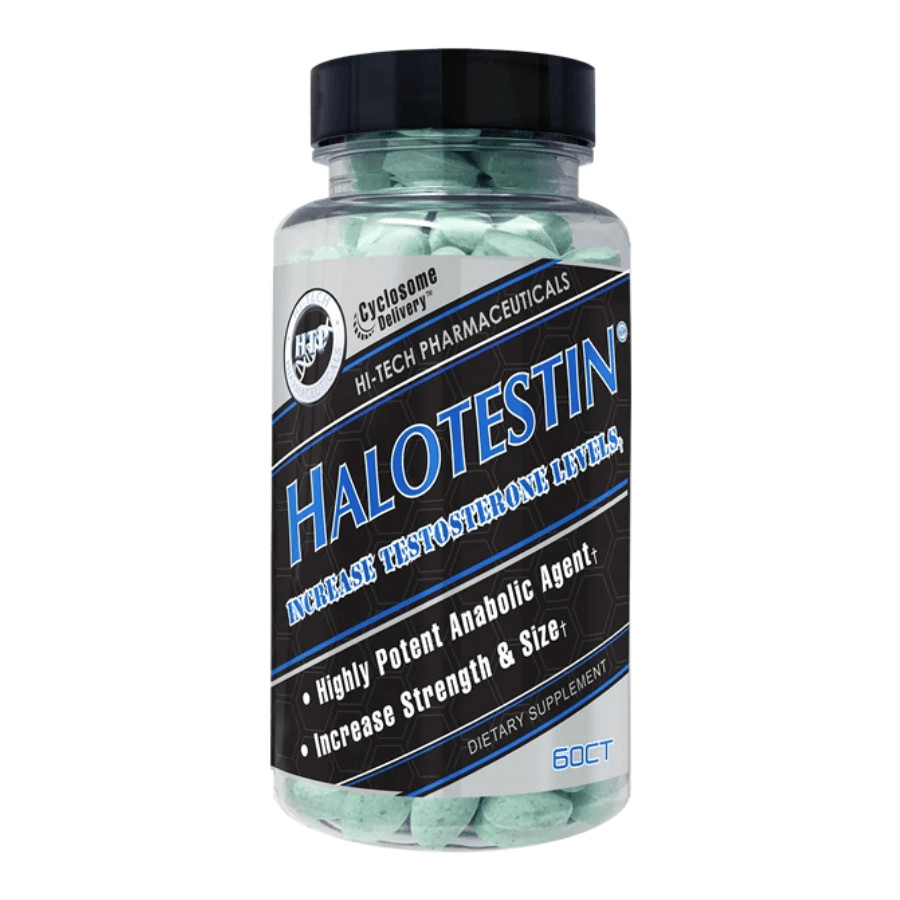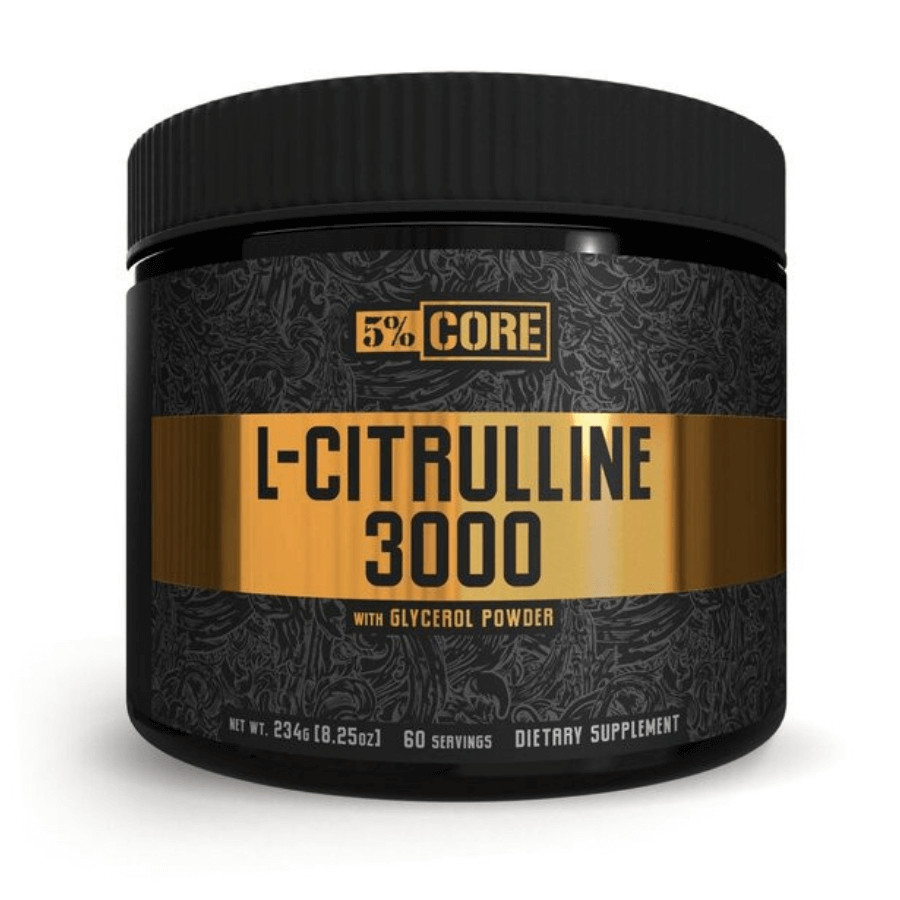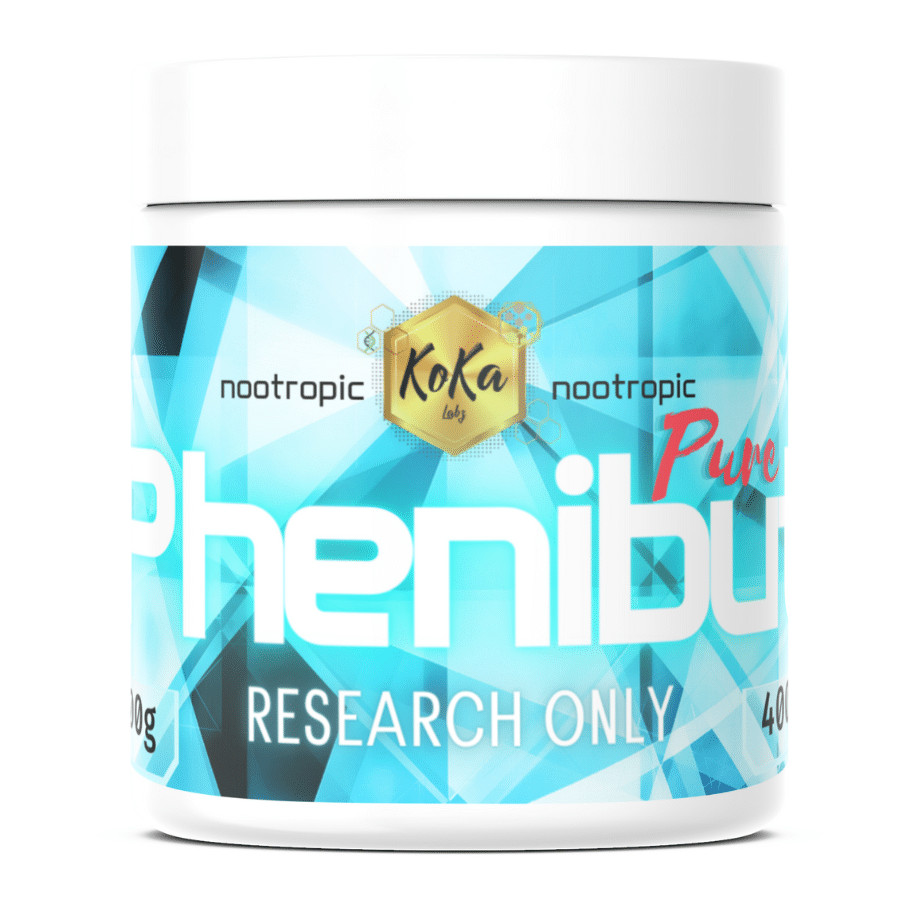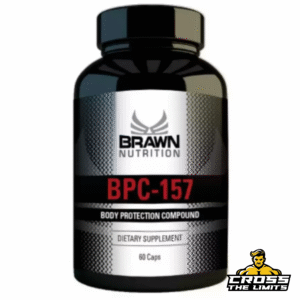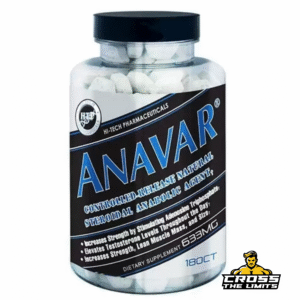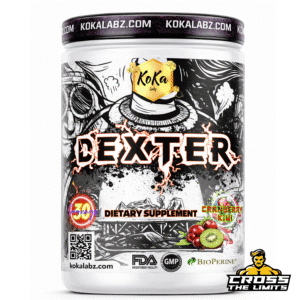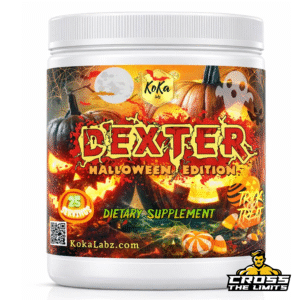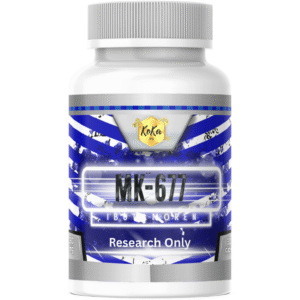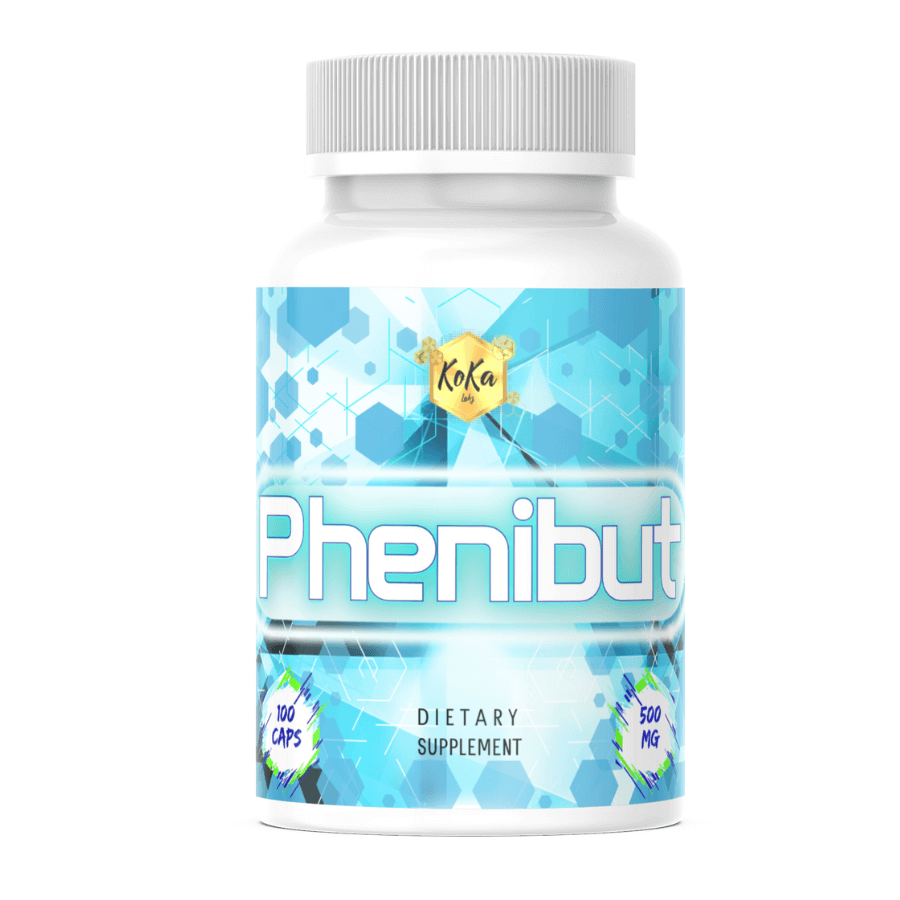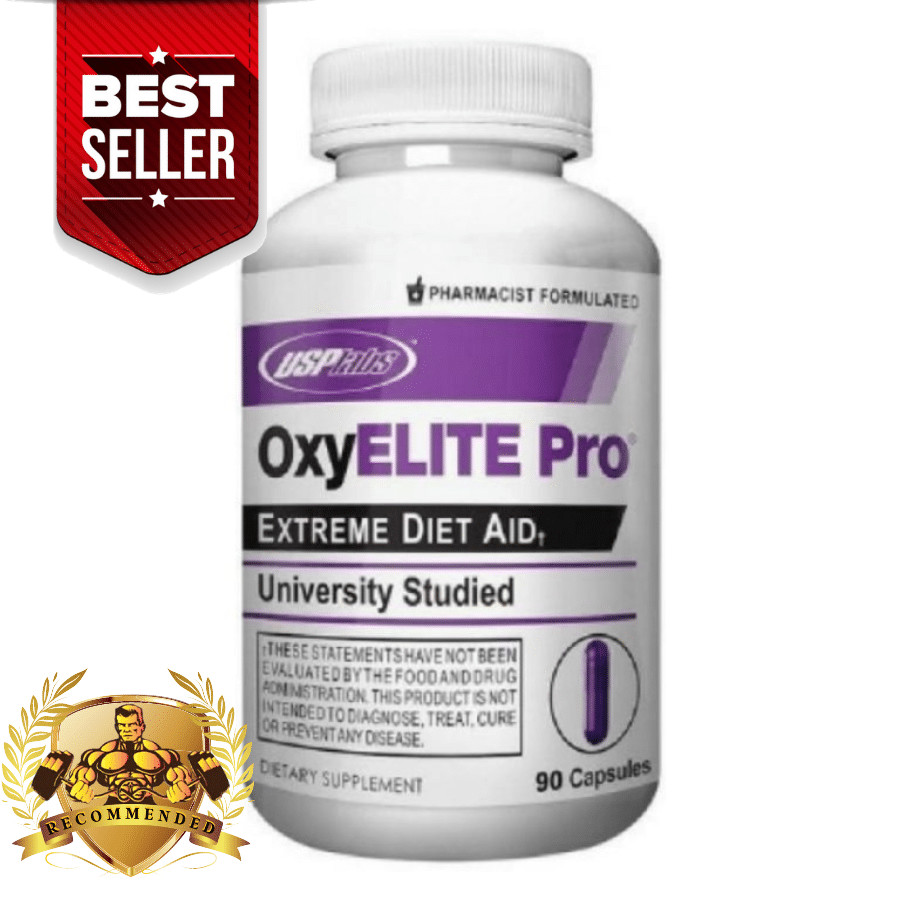The ketogenic diet has been gaining more and more interest in recent years, primarily because it differs pretty significantly from the standard dietary model. Interestingly – it was developed in the search for an effective therapy for people who have epilepsy. So what is the ketogenic diet? What are its principles, and do you need to supplement it with dietary supplements?
What should you know about the ketogenic diet?
-
Out of stock
Core Labs Nimfo 30 caps
£34.74The ketogenic diet is based primarily on a change in the diet, which radically affects the metabolic processes occurring in the human body. According to the generally accepted rules of proper nutrition (contained in the food pyramid developed by the Institute of Food and Nutrition), each meal should be based on cereal products. In the ketogenic diet, carbohydrates are no longer the primary energy source. On the contrary, they are entirely replaced by fats. These, in turn, are at the top of the pyramid of nutrition, which means that they should be consumed in possible minor quantities.
According to the assumptions of this diet, excess fat does not cause an increase in body fat but its reduction. This phenomenon is called the state of ketosis. The body obtains energy from its body fat, which is gradually reduced.
The ketogenic diet is based on consuming large amounts of fat and eliminating carbohydrates. Additionally, when composing meals, one should limit sugar products, including fruits and vegetables. The basis of nutrition here is fatty meats and fish, oils, cream and butter. Deciding on this nutrition model, remember that the fats used should be of the highest quality. They can not be refined – the best are those cold-pressed. To maintain good health and provide the body with the right amount of valuable nutrients is recommended to consume: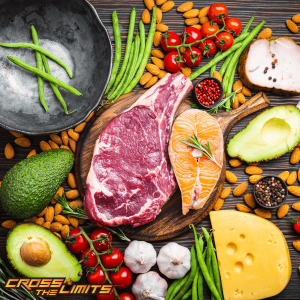
-olive oil
-coconut oil
-sesame oil,
-avocado oil,
-coconut butter.
Although fruits and vegetables should be eliminated from this diet, some exceptions are allowed. When composing meals, avocados, broccoli, peppers, tomatoes, or cucumbers are welcome. It is also allowed to eat mushrooms, preferably fried in oil.
Is the ketogenic diet healthy?
Although it is becoming increasingly popular, the ketogenic diet is still controversial, as a wide range of people claim that its use is unhealthy. So what does it look like in reality? Like any other diet, a ketogenic diet can be healthy and give the right results, provided that it is adequately controlled and examinations both before and during the diet are done regularly. However, specialists advise that before undertaking this nutrition model, basic laboratory tests should be carried out to assess whether the body can cope with the extra work that is the production of ketone bodies.
Before the ketogenic diet, it is worth checking first of all:-lipidogram (total cholesterol, triglycerides, LDL and HDL cholesterol),
-liver enzyme levels,
-fasting glucose levels,
-creatinine levels to assess kidney function.
-A general blood count is also a mandatory test. However, for your peace of mind and safety, it is also a good idea to consult your doctor about the appropriateness of a ketogenic diet. Advantages of a ketogenic diet
Advantages of a ketogenic dietThe ketogenic diet has many advantages. One of them is the feeling of lightness, well-being and a large amount of energy already at the beginning of use, otherwise very rare. The main goal of the ketogenic diet is to reduce body weight, which happens if the rules are strictly followed.
Due to the principles and effects on the body, the ketogenic diet is recommended primarily for patients who have epilepsy, as well as diseases such as:
-Rett syndrome,
-Dravet syndrome,
-Doose syndrome,
-tuberous sclerosis.However, these are not the only benefits of the ketogenic diet. It is also credited with the ability to help fight insulin resistance by regulating insulin secretion and reducing cravings for sweets. In addition, the diet provides a feeling of satiety for a long time while reducing swelling and helping to get rid of digestive discomfort.
Supplementation of the ketogenic diet
The ketogenic diet should be well prepared by using the right dietary supplements, which will allow the body to adapt faster and more accessible to the new model of nutrition. This is especially important for people following a high-carbohydrate diet before switching to a ketogenic diet.
Ketogenic diet supplements will help you avoid unpleasant discomforts in the form of headaches, fatigue, and chronic constipation. Additionally, keto supplements support the transition into a state of ketosis. They also prevent deficiencies of valuable nutrients for the body. Finally, some help fights digestive problems caused by an increased fat supply. When choosing supplements for the keto diet, it’s a good idea to bet on:

-probiotics and prebiotics,
-B vitamins,
-vitamin C,
-vitamin D,
-sodium,
-magnesium,
-potassium,
-omega-3 fatty acids,
-folic acid.
Beef protein, MTC oil, keto multivitamins, exogenous ketones, CBD oil, digestive enzymes, turmeric, creatine monohydrate, and beta-alanine will also be good additions to your diet. It’s also good to reach for electrolytes to improve mood, increase hydration, and eliminate fatigue and headaches.
About the author
Cross The Limits
Cross The Limits is a passionate advocate for health, fitness, and well-being. Since 2018, we have been providing top-quality dietary supplements and vitamins across the UK. Based in Suffolk, our team is committed to helping you achieve your fitness goals with trusted products, expert advice, and unwavering support. Through our blog, we share valuable tips, insights, and the latest trends to inspire and guide you on your health and fitness journey.
Check other posts

What pre-workout supplements can you take every…
February 17th, 2026
Read more
Where to buy the strongest fat burner…
February 10th, 2026
Read more
How to choose the best muscle-building supplements.…
January 30th, 2026
Read moreRelated products
-
Add
KK labz B-aba-Pheni 200g
£88.86AddKK Labz B-aba-Pheni 100g
£46.22Rated 5.00 out of 5Add
